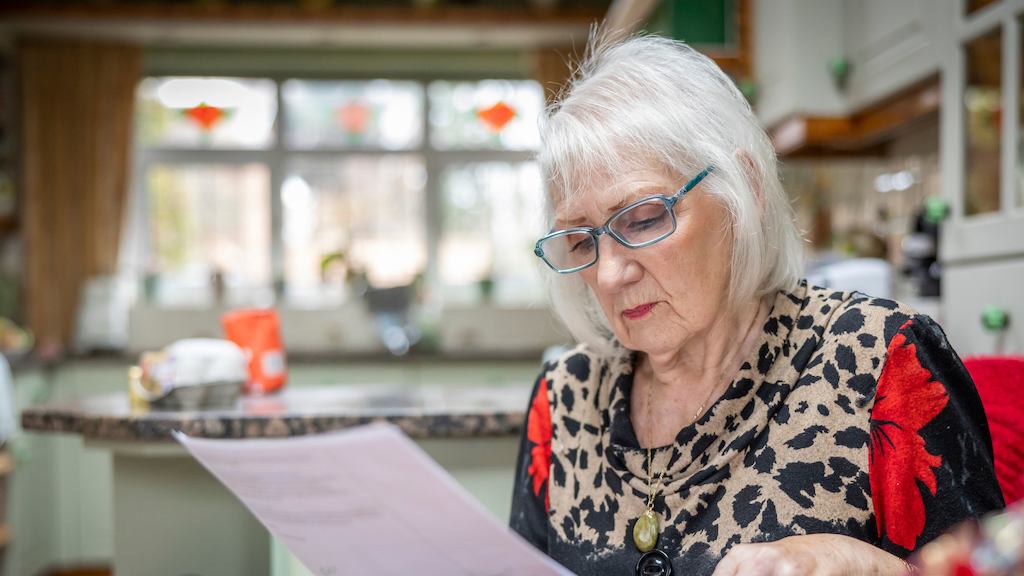Indeed, the UK has among the worst mandatory (state) pension provision across OECD nations. To compound matters, up to 1.2 million people are not claiming the pension credit top-up for which they are eligible.
This is no small matter: research conducted by Independent Age with Loughborough University, using 2017/18 data, shows that 440,000 fewer pensioners would have been in poverty in that period if those who were eligible had received their Pension Credit.
Research by City University of London, commissioned by Independent Age, shows that pensioners living in a household in which social benefit income increased were 20 times more likely to move out of poverty than households in which social benefit income didn’t change.
Alongside this, JRF research shows that three-quarters of people aged 55 and over who were living in very deep poverty (below 40% of median income) moved out of very deep poverty on receipt of their State Pension, and receiving a private pension had a similar effect.
In contrast, increasing the State Pension age by a year to 66 for men and women between December 2018 and October 2020 pushed up the poverty rate for 65-year-olds by 14 percentage points to 24% (or nearly 100,000 people) by late 2020.
The State Pension and benefits therefore play a vital role in keeping people out of poverty.
That’s why we are urging the UK Government to take steps to increase the uptake of Pension Credit, particularly among pensioners from minority ethnic backgrounds who are at a higher risk of poverty.
And we are also calling for a pause in proposals to increase State Pension age, which will, on its own, push even more people into poverty. The next rise in State Pension age to 67 is due to come into effect in just two years’ time. Before more increases are announced we need a cross party agreement on what people need in later life to avoid poverty, and how the individual and the state can work together to make that a reality, including support mechanisms for those without private pensions, savings or assets.
There is significant health inequality in this country which has to be considered too: for example, the poorest women can only expect to live in a state of good health (by their own estimation) to the age of 52, on average. Poor health forces people out of work, putting them at risk of poverty in the years before they get their State Pension. That could be as long as 14 years for the poorest women. Therefore, raising State Pension age across the board would be catastrophic for many.
Reducing poverty also requires rising employment for working-age adults and help with housing costs. Independent Age’s report last year – Hidden Renters - found that almost half (45%) of older private renters have seen a rent rise in the last year. Over half of these (57%) were between £50 and £200. The role of labour market inequalities and our homes in pushing people into poverty in the first place are themes that will be explored in accompanying blogs.
In a country as rich and developed as the UK, it is a source of shame that some of the most vulnerable in society should be permitted to live out their lives hungry and cold. Urgent action must be taken to reverse this trend.
